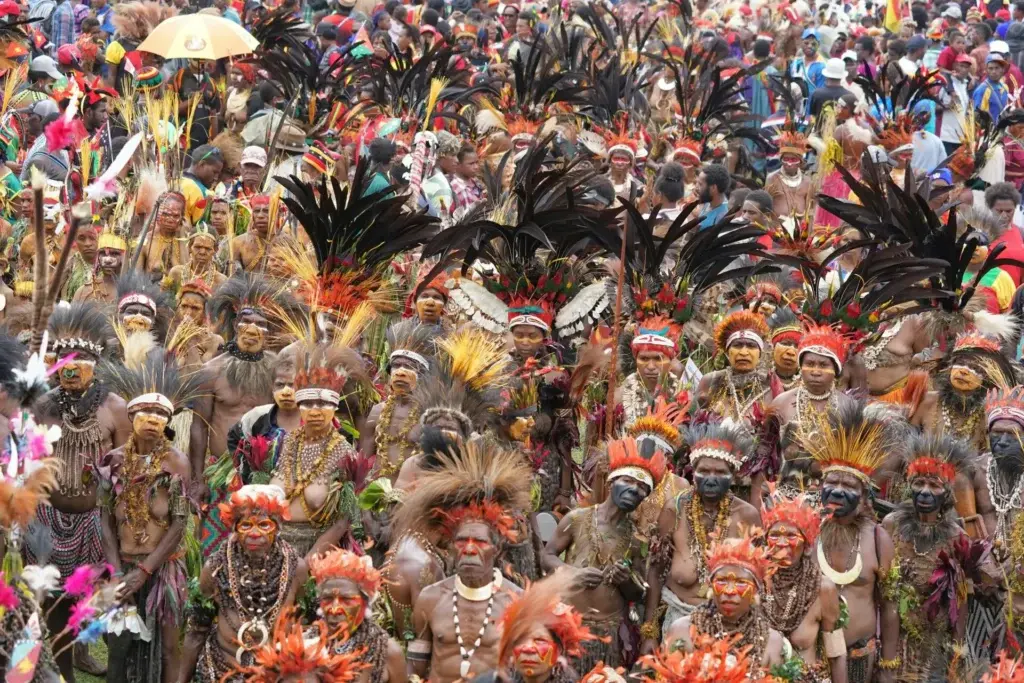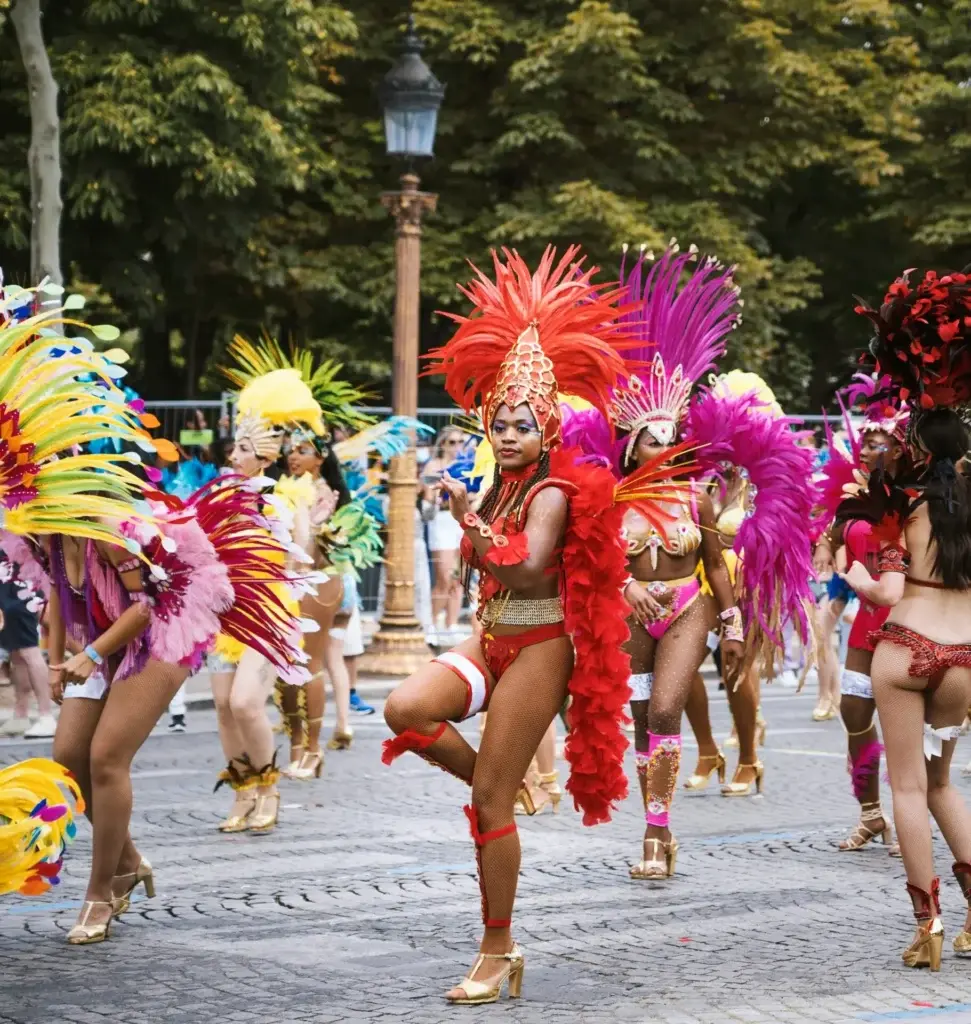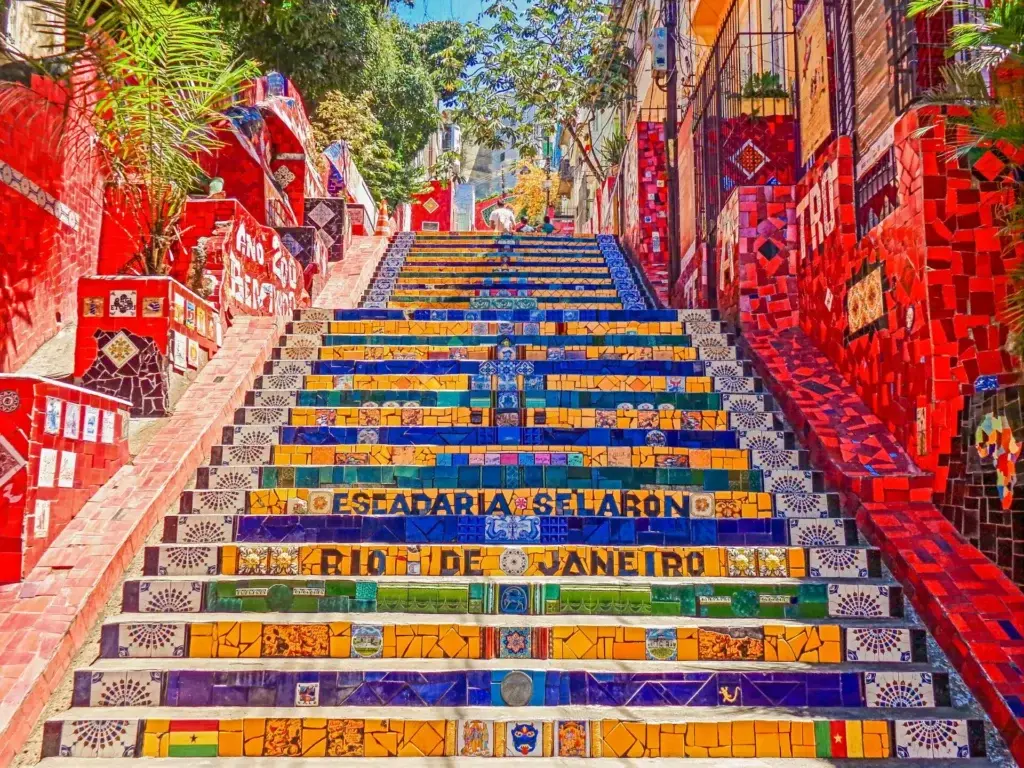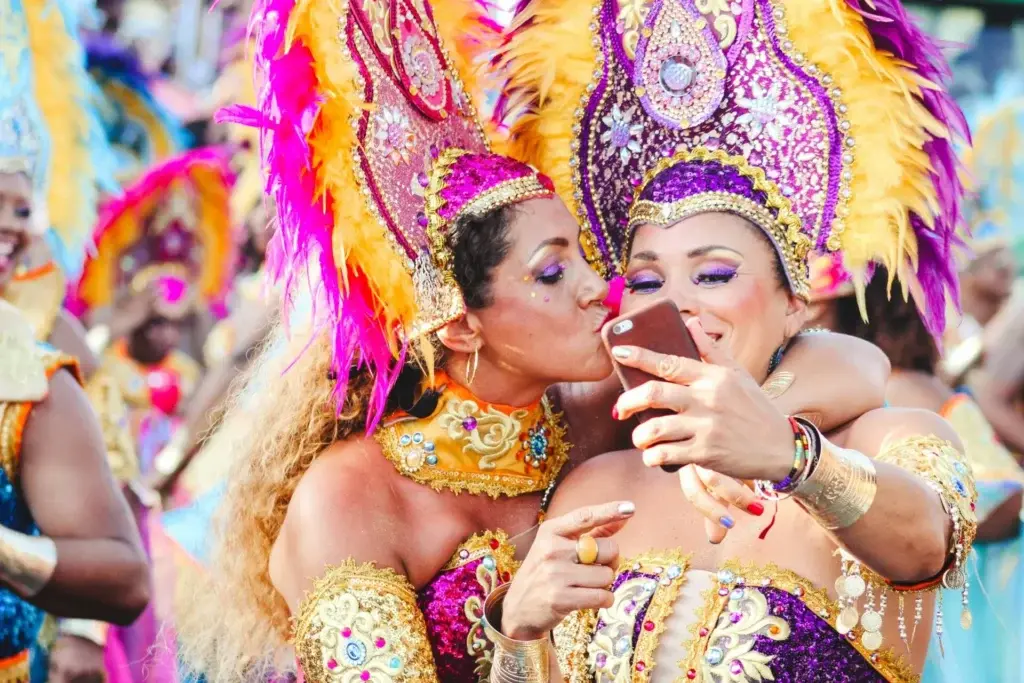Rio Carnival: A celebration of Brazilian culture
Anto
01 Feb 2024
The Rio de Janeiro Carnival is one of the world’s most famous and grandiose carnivals. This annual celebration is an iconic cultural event that attracts millions of visitors from all over the world. Rio Carnival is much more than just a party; it’s an explosion of music, dance, flamboyant costumes and contagious energy that testifies to the cultural richness of Brazil. In this article, we delve into the history, origins and traditions that make Rio Carnival such an extraordinary experience.
Your online travel health insurance
Start your quotation now and obtain your medical insurance certificate, which insures medical expenses according to the country’s needs.
Rio’s Carnival has deep roots in European traditions, mainly Portuguese, brought to Brazil in the 17th century. However, it quickly evolved into a unique celebration that blends European customs with influences from indigenous and African populations.
One of the most striking influences on Rio Carnival is that of African slaves. They brought with them their own rhythms, dances and religious customs, which have had a profound influence on carnival music and dance. Carnival celebrations were originally held on the streets of Rio de Janeiro, but have evolved into a grand spectacle with samba schools, street parades and dance competitions.

Rio’s Carnival is famous for the characteristic elements that make it a celebration unlike any other in the world:

Rio Carnival takes place every year before the start of Lent, usually in February or March. The exact dates vary from year to year according to the religious calendar. The festivities last about a week, but preparations begin months in advance. Samba schools organize rehearsals and pre-carnival events as early as August of the previous year.

The Rio Carnival is of great cultural significance to the Brazilian people. It’s a time when Brazilians celebrate their cultural diversity, creativity and national pride. It also offers an opportunity to showcase local talent, from artists and musicians to fashion designers and craftsmen, all of whom contribute to Brazil’s cultural richness.
In addition, Rio Carnival is often used to address important social and political issues. Samba schools frequently choose themes that reflect the challenges facing Brazil, such as poverty, social injustice or environmental problems. This helps to draw attention to these problems while entertaining the public.

Do you have any questions?
Our teams are here to advise you!

4,3/5 on Trustpilot

Certified partners

Human & committed service

Customized offer

Optimal coverage